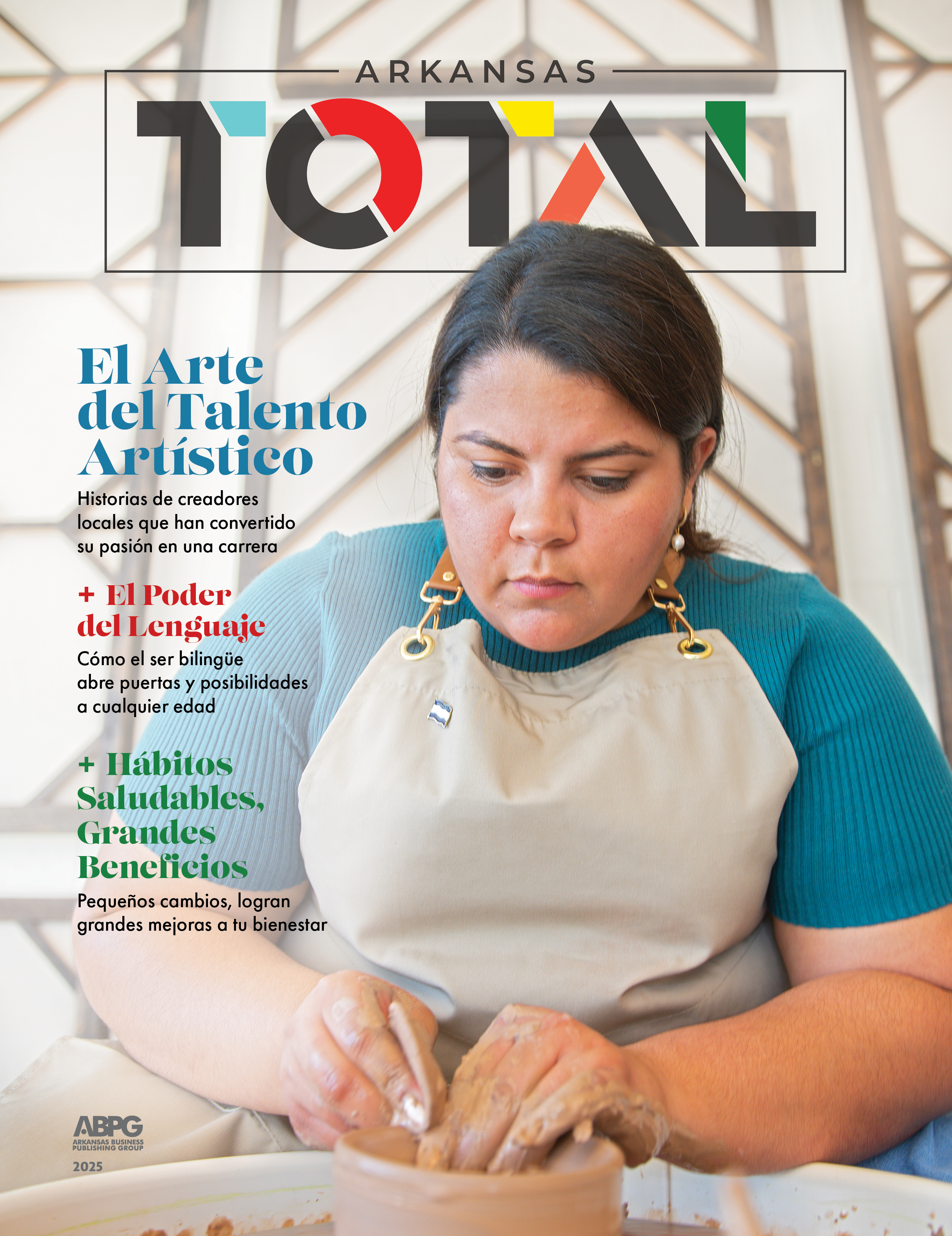Taxes, an Obligation and a Need

También puedes leer este artículo en español, Pagar Impuestos, Obligación y Necesidad.
Do you have questions about taxes? Your first question should be how to pay them.
"It is an obligation. Even if you don't have legal status, you do have to follow the rules of the United States,” says Francisco Yáñez, of FYI Taxes and Insurance in Conway. The deadline to file taxes is April 15 of each year.
The rule is simple: "any money earned must be reported to the Internal Revenue Service."
Taxes are paid using the social security number. For people who do not have it the IRS offers the Individual Taxpayer Identification Number (ITIN), which has nine digits and begins with the number 9.
“It helps us to report taxes. It is not a work permit, but in certain states some companies accept it to buy a house, car, or open a bank account,” Yáñez said.
The ITIN can be requested through a tax preparation agency. To obtain it, it is necessary to present an identification such as passport, birth certificate or consular registration, as well as to live in the United States.
Paying taxes is what keeps the United States government going, from the colossal federal machine to the city governments. It also helps when applying for legal status because it shows that the person has moral principles, Yáñez said.
Also, citizens who decide to go to college and apply for public funds will need to show their taxes or their parents’. Tax filing may be necessary to apply for public benefits, such as Medicaid. It is important to clarify that only people with legal status can apply for these benefits.
However, the ITIN is not a shield in case of deportation, he says.
Yáñez, 46, was born in the United States, but spent much of his childhood in Morelia, Michoacán, where he lived for eight years. His parents brought him back to Chicago to study high school and to go to college. Yáñez came to Arkansas with a master's degree in accounting. “I came for the opportunity to provide services in the Spanish language and expand the business,” he says, adding that when he arrived in Conway there were no tax services in Spanish. That, the quietness, and the temperature of the state persuaded him to stay.
Finding an honest tax preparer is serious business. "We have a lot of fraud (from certain preparers)," says Yáñez. Many of them say they help people, but don't even sign the tax document holding the person accountable, he says.
"Mistakes in the tax return can have long consequences," he says, among them a fine and the obligation to return to the government the undeclared money with interest. If the government determines that there was intentional fraud, it can file criminal charges with jail time. After the declaration is presented, the government has seven years to review these papers and carry out an audit.
Yáñez recommends looking for a preparer who is certified and registered with the IRS. Also, people who believe their taxes were done incorrectly can go to a professional to adjust and resubmit them.
Yáñez says that the best advice for immigrant families in the United States is: "The most important thing is honesty with the money we earn."

